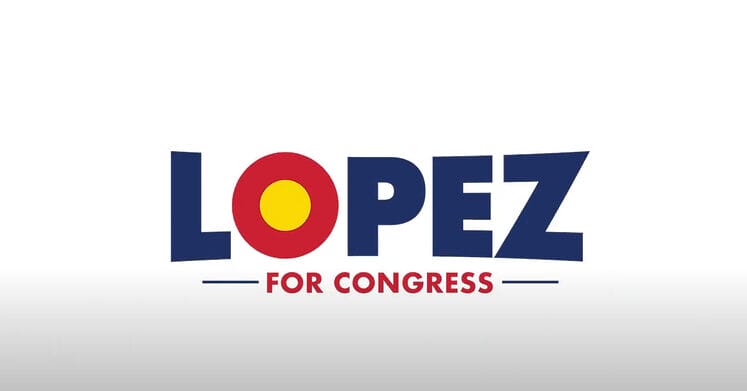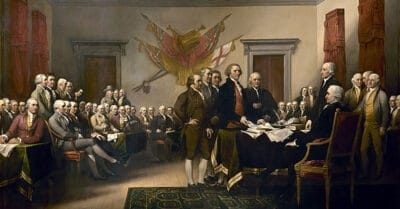Do you get ticked-off by government legislating bag fees at the grocery stores or imposing California standards for Colorado by mandating all chickens be raised in an environment that raises prices and creates shortages? Are you frustrated that everything costs more due to higher energy prices to heat your home or fill your tank with gas? At least weekly, if not daily, you could gripe, complain, or post a nasty gram about these and many more issues on social media. Big whoop. You might feel better, yet what have you accomplished? Not a darn thing. What if you took a different approach? What if you address these same irritants with a positive attitude? What if you embraced the thing which set you off by taking positive action?
In the mythology of the ancient Greeks pearls were thought to be created by the tears of Aphrodite, goddess of love, beauty, and passion. It was believed wearing pearls on the wedding day would stop a bride from shedding tears. In the Western tradition pearls have symbolized purity, generosity, integrity, and loyalty. The pearl is thought to attract wealth, luck, and protection to the wearer.
The idiom “a pearl of wisdom” originates from the fact a pearl takes years to develop within an oyster and wisdom takes years to develop in a person. One’s ability to think and use knowledge, experience, and insight gives understanding and prudence to an individual. Wisdom is often attributed to the belief in G_D.
The myth that a grain of sand is the genesis of a pearl is incorrect. Research shows the genesis is an invading organism or a foreign object other than sand. The invading material lodges in the oyster causing it irritation. Unable to dislodge the matter through secretions, the oyster covers it with layer upon layer of a substance called nacre forming a pearl. The development of the pearl is in essence the oyster’s way of protecting itself. Over time this continued layering of nacre encapsules the foreign object. What begins as an irritation becomes a thing of beauty.
Could the beauty of the pearl help teach you to better deal with the irritations of daily life? In other words, can you cover these foreign intrusions with your own nacre, or reason, or understanding, and use it to turn an irritation into something beneficial and even beautiful? We can learn to embrace the world we experience, rather than being negatively impacted by it.
As an example, I abhor the welfare state. Yet it exists. I have empathy for those in hard times, are destitute, or incapable of taking care of themselves due to circumstances beyond their control. Many religious, benevolent, and community service organizations have and do take up the challenge of helping those in need. Yet, when government enters the arena, it crowds out those who can better create and resolve problems. Government routinely throws money at a problem, and the problem grows. In my experience, non-governmental organizations and non-profits focus on fixing problems, with limited funds, and the problem often diminishes. How can we encapsulate and crowd out government?
One solution is to take responsibility and teach the children in our community about citizenship. One of the foundational blocks of citizenship is being self-reliant. Teaching our children and grandchildren to be dependent on others after the age of majority is corrupting for both the helped and the helper. The dependence creates the position of subservience to one and the position of power to the other, which often leads to more destitution and unhappiness. When a person can work even at the most menial of endeavors, they gain a sense of accomplishment, pride in work, and self-actualization, which leads to happiness.
The welfare state is not going away anytime soon so what can a citizen do to make a difference? A commitment I make and have participated in for years is joining a community service club such as the Optimist Club which is known as the “Friend of Youth.” All our efforts are focused on youth programs in our local community. There are many organizations that do outstanding work in your community such as Rotary, Kiwanis, Boys and Girls Clubs, and the thousands of organizations which provide services and help without government intervention. Involving yourself in a volunteer organization and giving time and treasure builds stronger bonds and crowds out the need for more government assistance.
Not to mention the beauty of creating and helping from an act of benevolence and virtue as opposed to the force of government altruism; the “other-ism” of government that one should live your life for others rather than for one’s self is an abomination. Government produces one thing, misery. It’s the productive and the wise that produce wealth as is stated in the classic writings of Ayn Rand in Atlas Shrugged by her character Francisco d’Anconia’s speech on money.
“So you think that money is the root of all evil?” said Francisco d’Anconia. “Have you ever asked what is the root of money? Money is a tool of exchange, which can’t exist unless there are goods produced and men able to produce them. Money is the material shape of the principle that men who wish to deal with one another must deal by trade and give value for value. Money is not the tool of the moochers, who claim your product by tears, or of the looters, who take it from you by force. Money is made possible only by the men who produce. Is this what you consider evil?”
If we are to rid ourselves of the over-reaching behemoth of government, we must resolve to get involved in taking back our local communities, state, and country. You don’t have to do a lot; you just must do something. Like pearls strung on a necklace, together citizens can make a thing of beauty by using our source of all wealth, our minds to solve our problems.










Responses